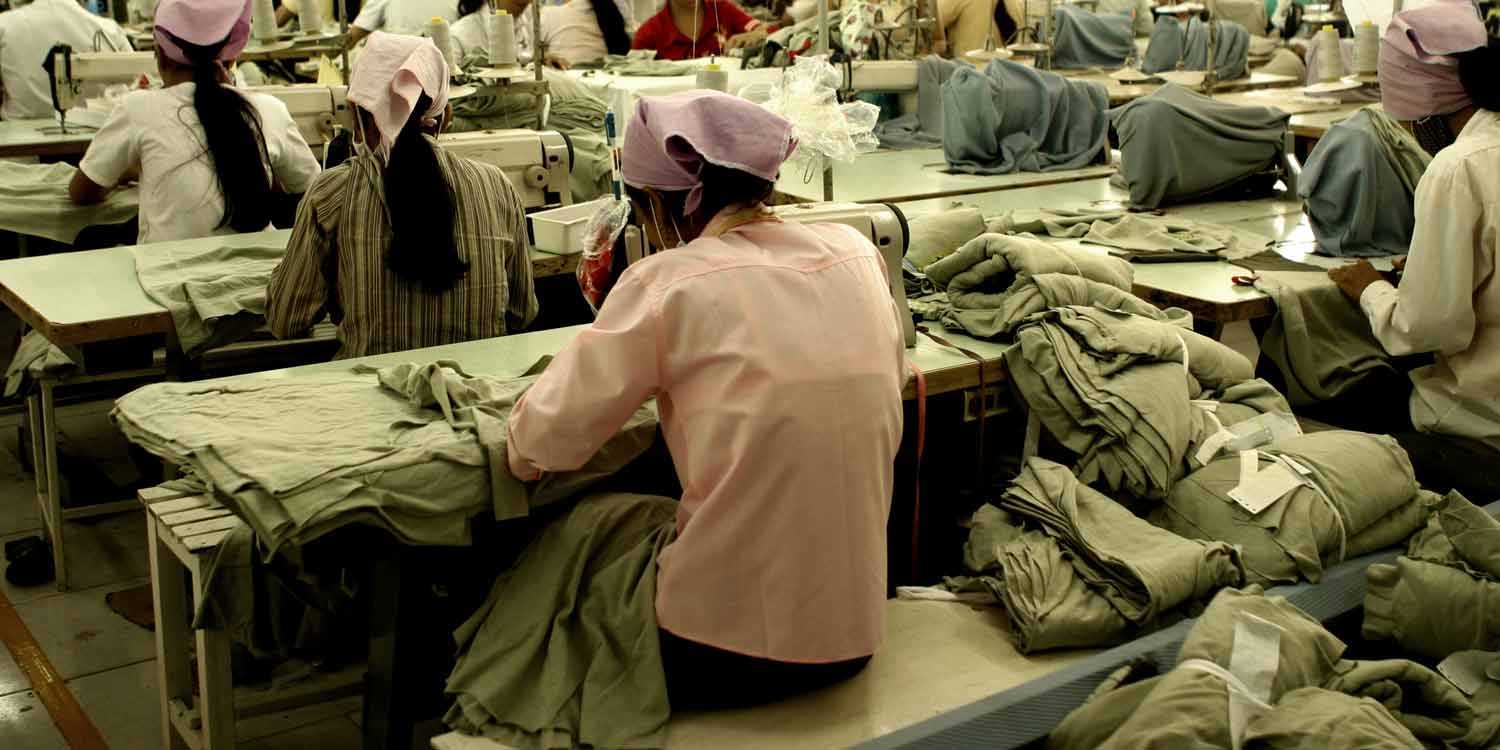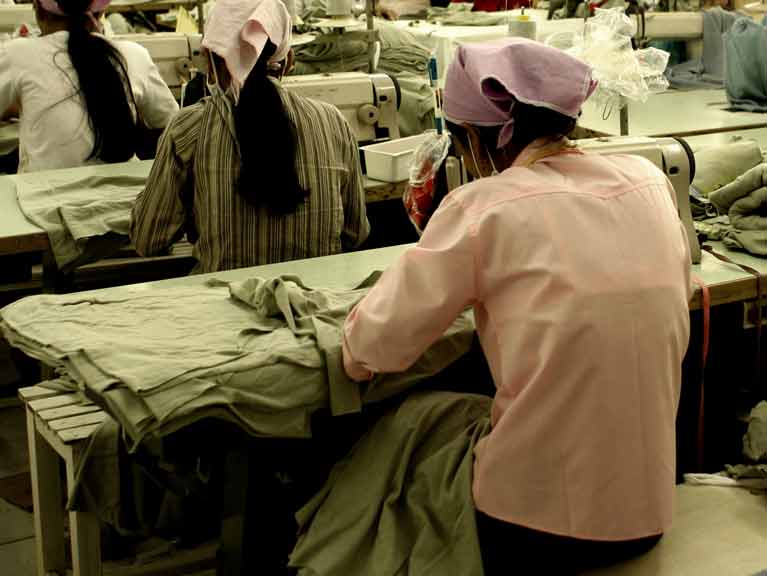Our actions in response to modern slavery: update
08 Jul 2021 4 min readWhat is modern slavery?
When you think about the term slavery, you may think it’s an issue dating back hundreds of years, a problem that we have conquered. Unfortunately, this is not the case. Still today, in the 21st century, we are dealing with slavery, but in a different, modern and very concerning form.
Modern slavery can occur in any industry, sector or country — there is no safe haven. Instances of modern slavery are defined as those in which people find themselves in situations where “offenders use coercion, threats or deception to exploit victims and undermine their freedom”.1 Some examples of acts that constitute modern slavery include:
- human trafficking
- slavery
- servitude
- forced labour
- debt bondage
- forced marriage
- child labour.2
What is NGS Super doing to help combat modern slavery?
NGS Super has been tackling human rights issues and violations via an active ownership approach for some time. However, more recently the Commonwealth introduced the Modern Slavery Act 2018 (the Act) which legislates action in relation to modern slavery.
Active ownership and engagement
We believe that integrating environmental, social and governance (ESG) and responsible investment principles plays a vital role in managing risk within our investment portfolio and providing our members with better risk-adjusted returns. It also promotes good corporate social responsibility. Promoting human rights has been a longstanding priority for NGS Super.
NGS Super’s Active ownership and engagement policy sets out a number of key active ownership and engagement objectives. One of our critical objectives is the protection of human rights. This means we support and promote the protection of human rights in our investment supply chain and we are committed to assessing our supply chain and complying with the Commonwealth Modern Slavery legislation3. Another key rationale of our human rights objective is that we support and promote the protection of Aboriginal and Torres Strait Islander rights.
What does this look like in practice?
Four key actions we take to execute on our Active ownership and engagement policy and the Human Rights objective are outlined below.
ESG risk screening of companies
While we expect our investment managers to screen and act upon ESG risks identified within the portfolio, with the assistance of third-party data providers, we have the ability to screen our equities portfolios for current and/or emerging risks relating to specific companies and engage with our investment managers or the companies directly if necessary.
Monitoring and appropriate action in relation to proxy voting
We have a specific ESG-focused proxy voting policy4 where we will generally support any proposals that are aimed at enhancing a company’s disclosure and/or actions relating to bettering human rights both at the company level and within their respective supply chains.
Monitoring of investment manager engagement activities
In terms of ongoing monitoring (in addition to ad hoc review meetings with investment managers), we formally engage with our investment managers twice a year, testing their ESG integration and their stance or actions on topical matters surrounding responsible investment. This includes, among other things, questioning around human rights and supply chain assessment.
Participation in collaborative engagement opportunities with companies
We engage with companies in which we invest both directly and collaboratively with our investment managers, as well as specialist organisations such as ACSI5 and Federated Hermes International. We have a process in place whereby we are alerted to upcoming company engagements and NGS Super aims to participate in engagements that touch on our active ownership and engagement objectives, of which human rights is a critical objective.
Modern Slavery Act 2018
On 1 January 2019, the Commonwealth Modern Slavery Act 2018 (the Act) came into force. For organisations that that have an annual consolidated revenue of at least AUD$100 million, this triggers a reporting requirement. NGS Super fits into this category and has therefore developed a risk-based approach to assessing modern slavery within our supply chains (both at the Fund level and investment portfolio level) and we are on track to publish our first modern slavery statement by 31 December 2020 in line with requirements.
The requirements for assessing and reporting on modern slavery under the Act are relatively flexible. NGS Super takes a continuous improvement approach to the assessment of modern slavery in our supply chain; we will be looking to enhance on our assessment and actions year on year. For NGS Super’s first assessment and modern slavery statement, we will:
- focus on our direct suppliers, with whom the Fund has a direct contractual relationship (Tier One suppliers), and
- classify our investment management relationships as Tier One suppliers and not look through to the underlying investee companies. This may be expanded in future years.
The NGS Super Modern Slavery Statement will address the mandatory reporting criteria as outlined in the Act, which includes the following:
- identify the reporting entity
- describe the reporting entity’s structure
- describe the risks of modern slavery practices in the operations and supply chains of the reporting entity and any entities it owns or controls
- describe the actions taken by the reporting entity and any entities it owns or controls to assess and address these risks, including due diligence and remediation processes
- describe how the reporting entity assesses the effectiveness of these actions
- describe the process of consultation with any entities the reporting entity owns or controls (a joint statement must also describe consultation with the entity giving the statement), and
- provide any other relevant information.
1 Department of Home Affairs: https://www.ag.gov.au/crime/people-smuggling-and-human-trafficking/modern-slavery
2 Department of Home Affairs: https://www.ag.gov.au/crime/people-smuggling-and-human-trafficking/modern-slavery
3 Modern Slavery Act 2018 (Cth).
4 Refer to page 5 of the Active ownership and engagement policy for more information.
5 Australian Council of Superannuation Investors.


